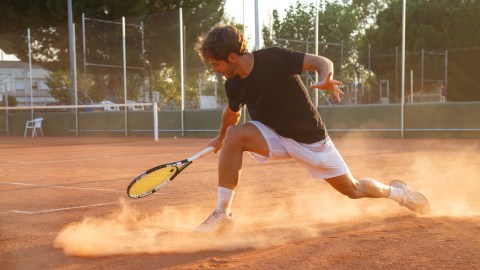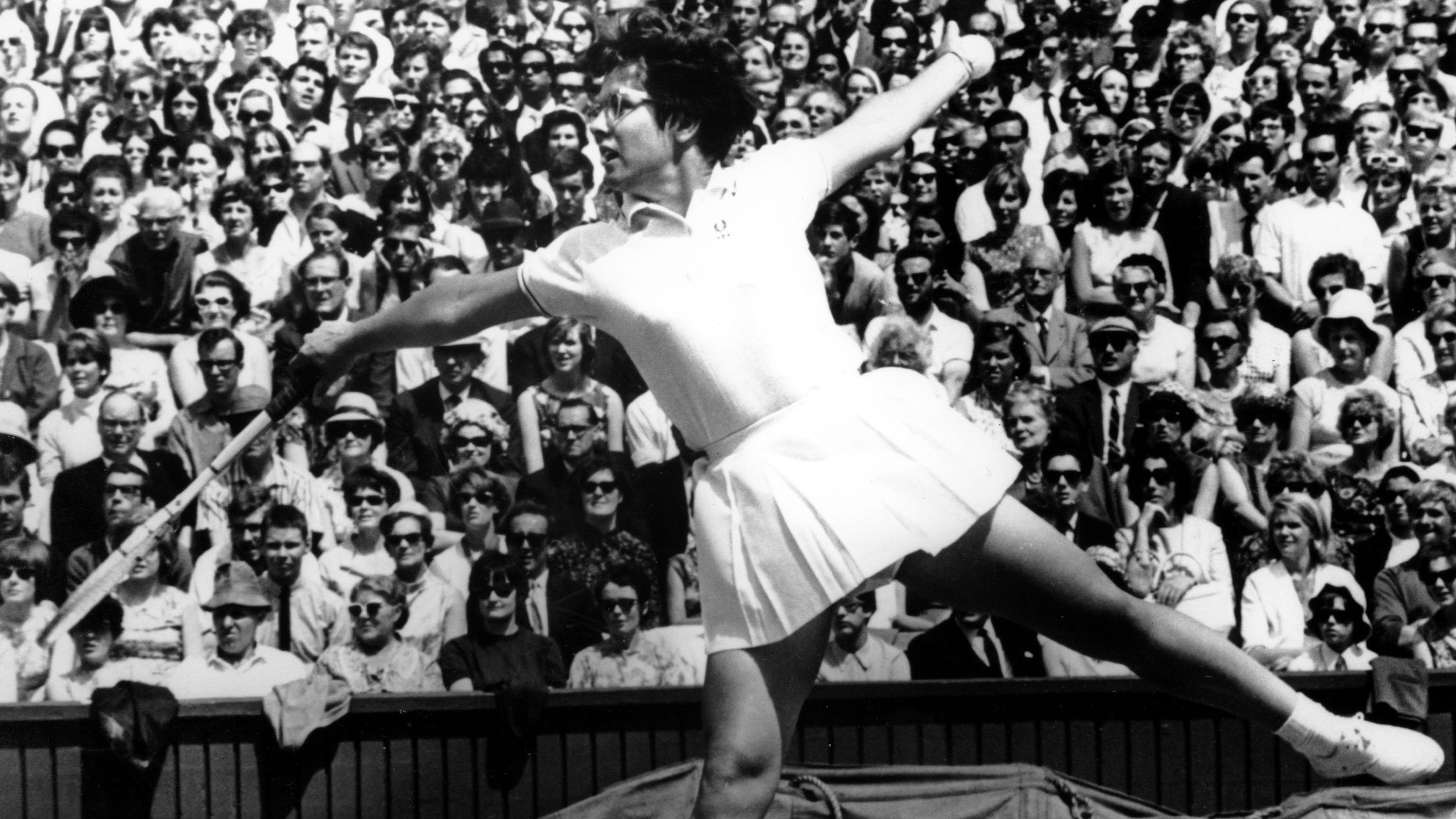The “Gold-Silver-Bronze” psychological model that elite athletes use to succeed

- For elite sports, physiology matters. But for those of us not professional athletes, there are many psychological skills we can learn to help us improve.
- These are divided into Gold (fundamental competencies), Silver (self regulation), and Bronze (interpersonal competencies).
- All of these skills can be easily transferred to other walks of life. We can apply the elite-sporting mindset to any task we want to succeed in.
There’s nothing more vacuous, trite, and patently untrue than the lines, “it’s all about mind over matter” or “you can do anything you put your mind to.” Some people just can’t do certain things. For however much I occasionally run around like some carbohydrate-loving sea lion, I’m never going to win the New York marathon by gumption alone. I’m sure you are very good at some sport or another, but simply wanting a thing does not make it so.
One recent study from a team in Switzerland concluded that elite sporting ability is 77% physical (VO2 max, for example) and 23% psychological — at least for cycling. Another, earlier, study showed that in top-tier runners physiology accounted for 81.3% of their success. Elite swimmers need a long body and arms, bodybuilders need a mesomorphic body type, and jockeys need to be small and slight. Interestingly, sprinters usually have short legs — for a quicker stride and acceleration — but Usain Bolt was a “genetic freak” in that he had both fast legs and a long stride.
But most of us aren’t elite athletes, and few reading this will be cradling their Olympic medals. The best most of us can hope for is to be as good as we can be. And in that, psychology really does matter.
A new paper from Durand-Bush et al., published in the Journal of Applied Sport Psychology, offers a series of psychological tips and tricks to help the sportsperson in you. Like Olympic medals, they are divided into a Gold-Silver-Bronze model — from “really important” to “good to have”.
Gold: The fundamental competencies
All good athletes need three things: motivation, confidence, and resilience. These are the basic building blocks that get you up before breakfast for that morning run; to endure the surprise injuries and extreme weather; and to come back stronger when your arch rival embarrasses you in a race.
Motivation is an “individual’s reasons or motives” for wanting a certain outcome. It might be that we want to push or challenge ourselves, to get a feeling of belonging in a team or coaching group, or to satisfy some other want or value (like to lose weight or to have fun). Examine your own motivations for doing a sport (or anything, for that matter) and try to either broaden those reasons or strengthen them.
Confidence is how far we believe that we can do a thing, as in “I can score this penalty.” It might be that we are confident in our skills, training, or mindset. If we don’t believe we can do a thing, few external motivators will make us try to do it.
Resilience is when we “effectively rebound following adversity.” It’s easy to sulk and give up when we fail at something. When we don’t get that sub-one-hour time in a race, or when Louise from the L.A. office beats you (again), it’s hard to bounce back. Resilience is tied to confidence — we have to believe that we can do it next time, or the time after, and put in the hard hours to make it happen.
Silver: Self-regulation
Unless you’ve got a live-in personal trainer watching your every moment, you’ll need to rely on yourself to do the hard work. Victory and success are not made as you cross the finish line. They’re in the, “no wine for me please, I’m training tomorrow,” or “do you have a good light for cycling in the dark?” Self-regulation involves:
Self-awareness. This is the ability to introspect and understand your own internal states. It’s to know when’s the best time to work out and to keep diaries or debriefing sessions to reflect on what went well or what didn’t. Self-awareness means seeing what our shortcomings are and identifying both what we need to improve and how we’re going to do it.
Emotional regulation is a given in any high-pressure, highly demanding activity. Stress, for instance, becomes a problem – a motivation crushing problem – when we do not have coping mechanisms in place. For example, we will need social support, like a coach, gym buddy, or teammate, to help. Likewise, in the passion and excitement of “the big day,” an athlete must keep their cool if they’re to put their skills to best use. It’s no good training for months if you get too excited and exhaust yourself out in the first minutes.
Attentional control, related to the above, involves keeping your eyes on the prize. For example, when we get anxious, we can focus too much on the mechanics or technique of our body. This “can disrupt the coordination of automatic processes and lead to choking.” In other words, we overthink and fail. We need to work out how to focus on the right things in the right measure.
Bronze: Interpersonal competencies
Social factors are not only a key element in our motivational drivers, but they also help to push and support us along the way. Although these are considered “Bronze,” in many ways they underpin and weave through both Silver and Gold. There are three forms of interpersonal competency:
The kind of athlete-coach relationship you have can make or break your training dreams. The coach and athlete need to have “mutual beliefs, values, goals, and interests, facilitated through strong communication,” the study authors noted. The strength of this relationship depends on factors like age, gender, culture, language, ethnicity, and so on. It’s important to find the best kind of coach for you (or, if you’re into coaching, the best kind of student).
Leadership is where an athlete can influence or guide others. Transactional leadership relationships are mechanical, robotic, and much less effective. They take the form of “if you the athlete does this, I shall reward them/punish them.” It’s an input-output, cause-effect kind of relationship. The best leadership form is “transformational,” which means “focusing upon building relationships with followers based on emotional, personal, and inspirational exchanges with the end goal of follower development,” the study noted.
Teamwork greatly affects “satisfaction, cohesion, and performance” in most sports. The best teams are those that celebrate and use individual skills, have mutual goals, involve lots of effective communication, and have a full sense of identity. It’s arguably similar to workplace teams or family dynamics.
Not just about sports
As we read through all of the findings above, it becomes obvious just how many of them can be applied in other contexts. Almost all the psychological skills listed here are just as applicable to any goal you might have in mind — learning to paint, getting a promotion at work, or completing that PhD, for instance.
If anything, the Gold-Silver-Bronze model of mental tricks is more applicable to the everyday world, because the everyday world often lacks the physical components we examined at the start. Stephen King is not born with incredible writing muscles. Meryl Streep hasn’t got a special actor’s VO2 max. And Albert Einstein had a decidedly average brain.
Success outside of physical sports depends much more on psychological factors, and the Gold-Silver-Bronze model is a great helper in just that.
Jonny Thomson teaches philosophy in Oxford. He runs a popular account called Mini Philosophy and his first book is Mini Philosophy: A Small Book of Big Ideas.





